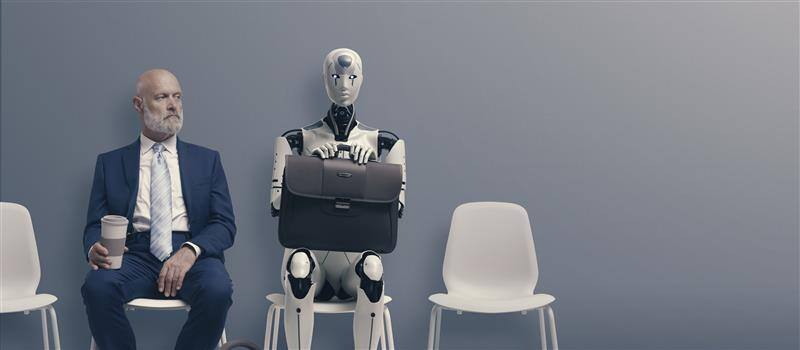2025 is going to be a big year for artificial intelligence. Tools like Runway Gen2 and PikaLabs are making strides in advancing their text-to-video capabilities, allowing you to create the alternative ending to a film you thought butchered its own storyline. Tools like Buffer’s AI Assistant are revolutionising social media content and scheduling, and cutting-edge companies are creating emotionally intelligent machines, developed with the specific ability to be able to understand and respond to human emotions.
With all this in mind, there’s global concern around the point in which Human Creativity may be redundant and individuals/companies/creatives can rely solely on the output of AI to answer all of their communication needs.
AI can be a great wing person. If you’re against a tight budget and timeframe, you can use your ol’ pal AI to act as a collaborator in the process, enabling faster ideation and execution of ideas. This can leave you freer to explore more crazy, innovative concepts. Looking more broadly, AI can also be a creative partner in your efforts. With a lot of the tools on the market being free to the public and easy to understand, suddenly there’s been a massive democratisation of the creative industry. You don’t have to be an amazing artist to sketch an idea, a proficient note-taker and writer to get your message communicated or have years of experience to cut a few video clips together.
So, we’re stuffed?
Not quite, you still need the human creativity behind your outputs to sense-check your work. Whilst AI may be a great helper to enhance these individuals less creatively minded, it may homogenise outputs for most. AI tends to produce outputs based on the same training data, which leads to less diversity in creative works. Studies have shown that while AI enhances individual creativity, it tends to make creative outputs more like each other, reducing the overall novelty and diversity of artistic impression and expression. The slightly scarier output from this is that over time, the more AI that is generated, the more the system gets filled with that AI, and the more the responses are generalised, and basically… stupid!
There is also growing concern that whilst all these tools are on the market to help churn out creative ideas, it could also potentially flood the market with cheap, fake, AI-generated content, devaluing or hiding human-made creative work. Soon, ‘traditional’ creatives will have to try a lot harder to fight for their spot on your feed.
 At our most recent thought-leadership event, BigTalk, we pitted human creativity directly against different learning models in front of a live audience. Two sides of three were given a short creative brief like ‘create a luxury bottled water brand and come up with its slogan’. One side used their brains, paper and collaboration whereas the other team used generative response models like ChatGPT and Midjourney. After repeating the session multiple times, human creativity outvoted AI almost every time, no matter the brief or platform used.
At our most recent thought-leadership event, BigTalk, we pitted human creativity directly against different learning models in front of a live audience. Two sides of three were given a short creative brief like ‘create a luxury bottled water brand and come up with its slogan’. One side used their brains, paper and collaboration whereas the other team used generative response models like ChatGPT and Midjourney. After repeating the session multiple times, human creativity outvoted AI almost every time, no matter the brief or platform used.
Whilst this can be put down to the participants not knowing the AI models enough or having a biased audience wanting human creativity to prevail, there was a distinct lack of emotional nuance in the AI responses. The human responses were always tailored to get some sort of reaction out of the crowd, whereas the AI was pulling great, sensible, (some would say, boring), responses based on related products on the market. This lack of cultural/contextual nuance is the basis for most of our humour, sarcasm, and emotionally resonant messaging.
A computer will always need a user, this is the same with AI. A lot of people are scared about the possible job displacement due to AI, however, this could be said about a lot of rapidly developing industries. Jobs will be created in new fields and the efficiencies and innovation thanks to AI will open up opportunities in sectors we don’t even know exist yet. However, if you’re in a role now which has access to AI, and you can see your peers using it, use it.
“Artificial Intelligence, deep learning, machine learning – whatever you’re doing, if you don’t understand it – learn it. Because otherwise you’re going to be a dinosaur within three years” – Mark Cuban
Ready to elevate your communications with the perfect blend of AI and human creativity? Let's bring your vision to life—contact us today!
/DRPG%2045th%20Anniversary/DRPG%2045th%20White%20-%20No%20Text.png)


 Back
Back

/Blog%20Images/AEO%20SEO%20-%20Digital%20Blog.jpg)



